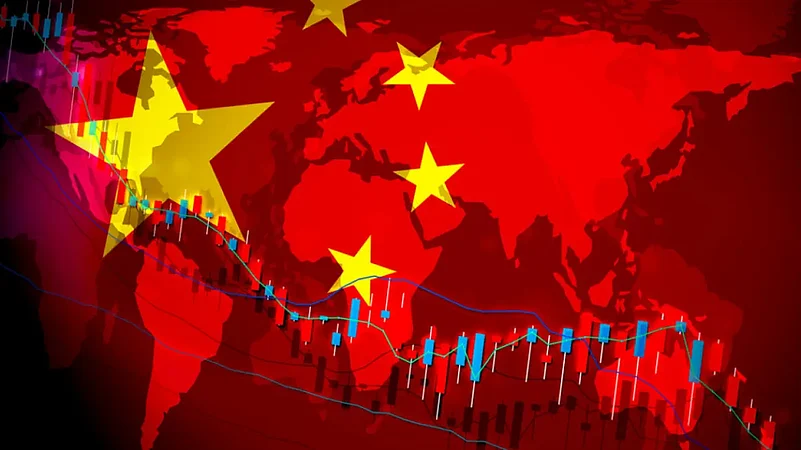China stimulus package: Just last week, when the dragon economy unveiled $1.4 trillion stimulus package to revive its subdued growth, everyone thought it to be a positive step. With attractive stock market valuations, foreign investors were already sprinting to China. An imminent economic bounce back seemed guaranteed.
However, the recent data paints a not-so-bright picture as foreign investors pulled more money from the country during the last quarter. This indicates that the cloud of caution remains well-present even as the nation is bringing stimulus measures and taking other steps to support economic growth.
According to government data from the State Administration of Foreign Exchange, cited by Bloomberg, China witnessed a drop of $8.1 billion in foreign investment during the third quarter.
Over the last 3 years, foreign investment in the nation has dropped significantly. This is largely owing to escalating geopolitical tensions and doubts around China's economic outlook. If this downward trend continues, it could mark the first annual net outflow in FDI (foreign direct investment) since 1990.
"Foreign fund flows into China turned negative over past 2-weeks; $2bn outflows in 2 weeks after $19.2bn inflows in prior 5-weeks. Out of $2bn outflows from China, $800mn are from US funds. Similar trend is visible in Japan where US funds have pulled out $320mn in 2 weeks (out of total outflow of $720mn)," Elara Securities stated in its report.
Who's pulling the trigger?
While several factors are leading to this decline in investment sentiment, the recent US presidential election result appears to have dampened the outlook further. Trump's pro-America approach, make America great again or MAGA, might slowdown the dragon economy's revival.
His tariff policies and anti-China playbook can act as a barrier to China's growth.
On the corporate side, several companies have already scaled back their operations in China this year, including automakers Nissan and Volkswagen. In July, Nippon Steel announced its exit from a joint venture in China. IBM is also following the trail and closing a hardware research team in the country, impacting around 1,000 employees.
































